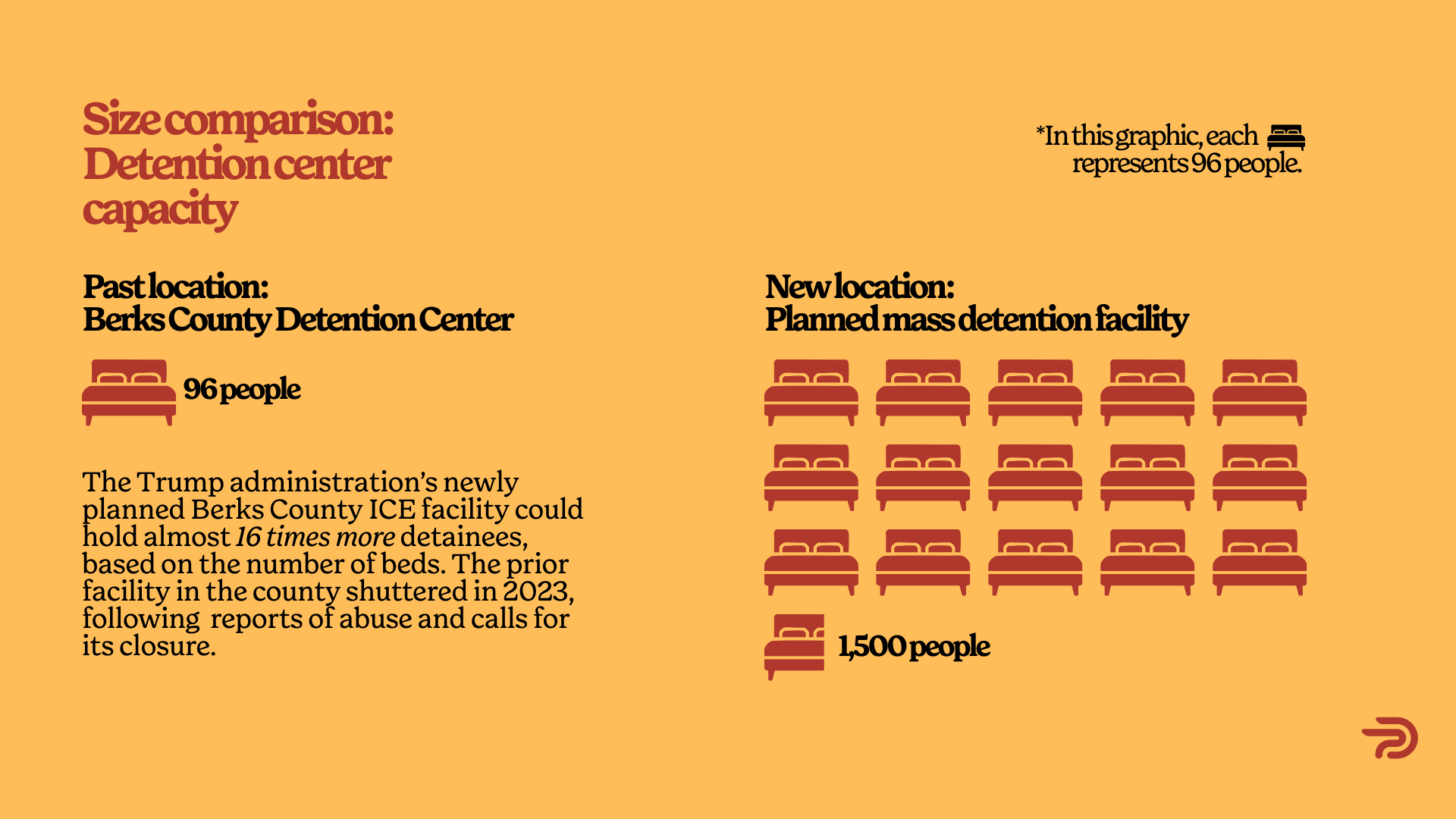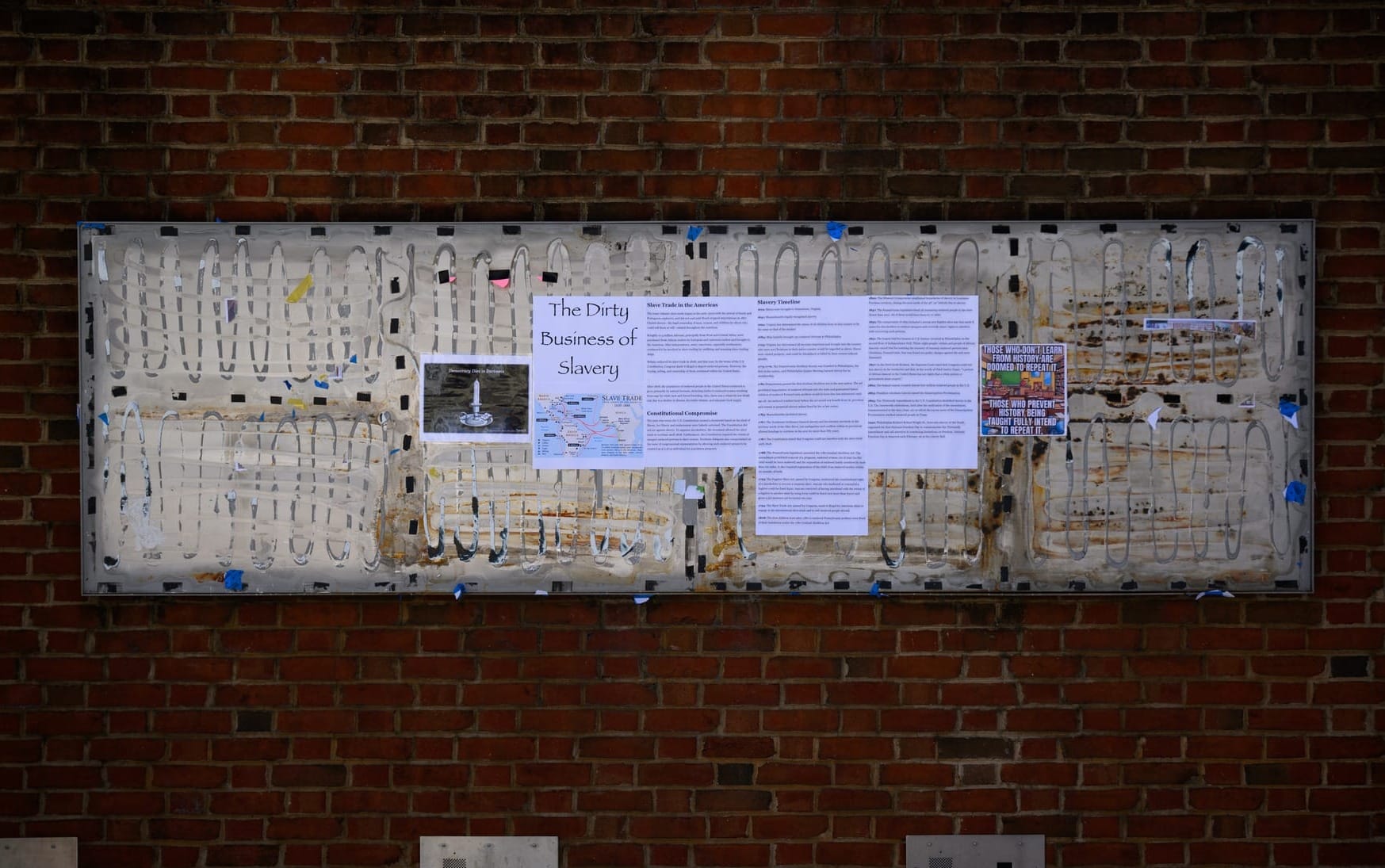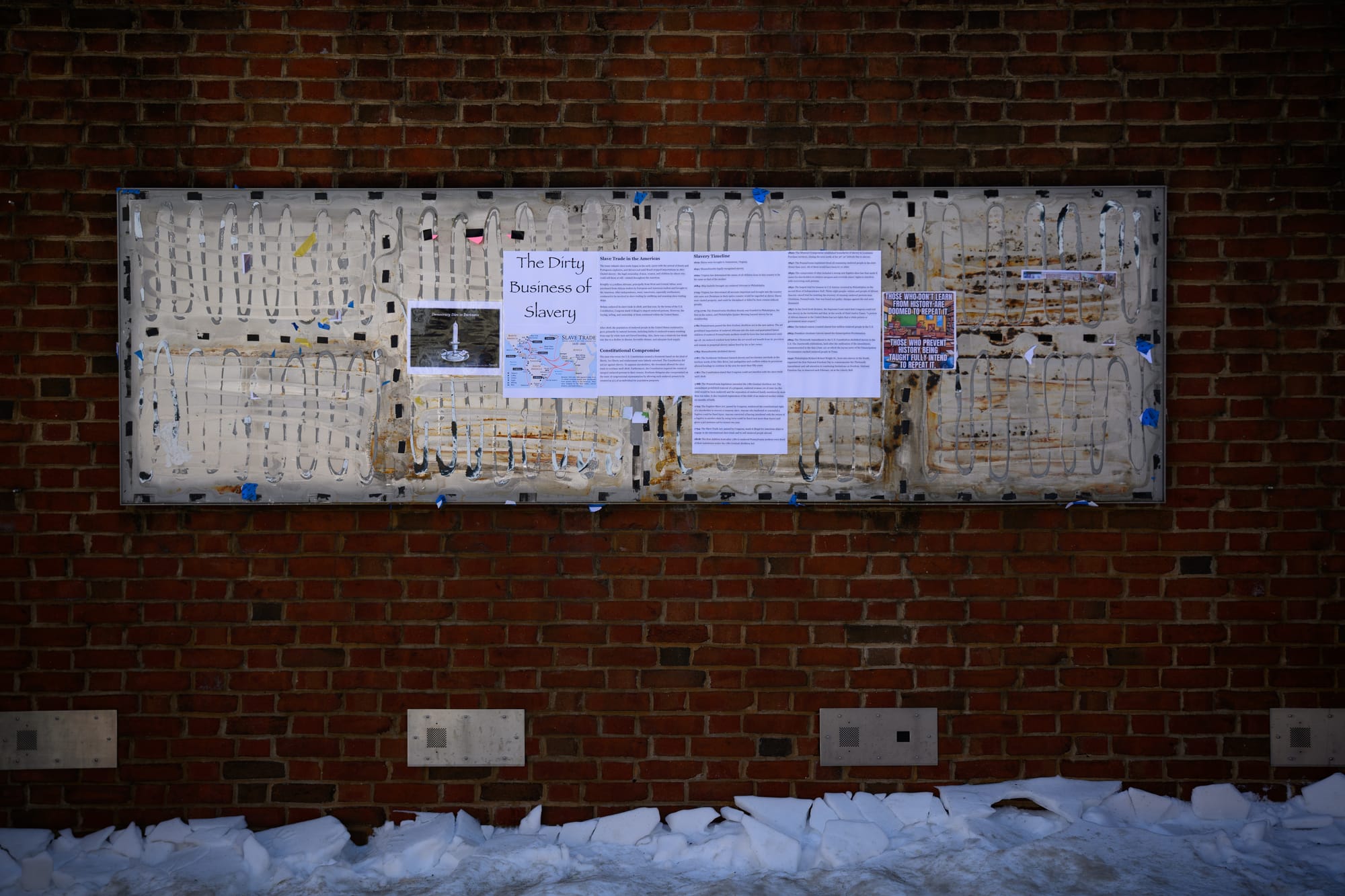As Threats Against Democracy Rise, Malcolm Kenyatta Calls For Common-Sense Protection For Legislators
State Representative Malcolm Kenyatta last week introduced a simple bill: allowing every Pennsylvania candidate and office-holder to spend campaign dollars on personal security. The timing was chillingly precise.
State Representative Malcolm Kenyatta last week introduced a simple bill: allowing every Pennsylvania candidate and office-holder to spend campaign dollars on personal security. The timing was chillingly precise.
Just hours earlier Minnesota began planning a state-Capitol lying-in-state for former House Speaker Melissa Hortman and her husband, both gunned down at their front door, while state senator John Hoffman and his wife fought for their lives in intensive care after a related attack. Kenyatta framed his measure not as convenience but as triage for democracy.
Political violence is surging from school-board chambers to governors’ mansions. In 2024 the United States Capitol Police opened 9,474 threat-assessment cases, nearly quadruple the count a decade earlier. This river of menace rarely stays in Washington. Extremist forums circulate home addresses of state legislators, election administrators and even zoning commissioners, urging followers to “finish the job” that failed on January 6. The Minnesota murders showed how quickly an online fantasy can become a tactical raid with a hit list and body armor.
Federal lawmakers have at least been given tools to adapt. The Federal Election Commission clarified last September that campaign funds may be used for residential cameras, private guards and other security measures when credible dangers exist. By closing that loophole the commission acknowledged a grim reality: keeping a member of Congress alive can be as expensive as winning the seat in the first place.
On the other hand, state officials are left in a legal limbo. Seventeen states still label personal security an impermissible “personal use” of campaign cash, a rule written when the gravest worry was padding mileage reimbursements. Pennsylvania is one of them, which means a rural township supervisor who starts getting death threats must decide whether to dip into savings or shrug and hope nothing happens at the next meeting. It is security by zip code, affordable for the well-connected and out of reach for the rest.
Kenyatta’s bill copies the federal model, nothing more. Licensed security personnel, threat assessments and modest home fortifications would all qualify as campaign expenses, and every disbursement would still appear on public reports. The goal is not to create a perk but to give state officials the same tool Congress already enjoys. “We are living in a moment where public servants are being targeted for doing their jobs,” Kenyatta warned, “That is not democracy. That is terrorism.”
Critics see mission creep. Donors, they argue, give to elect candidates, not furnish private guards. Yet donors already bankroll pollsters, voter-file software and consultants because those items let campaigns reach the public; security that allows a representative to hold a town hall without a bullet-proof lectern serves exactly that purpose. Others worry about widening the emotional distance between officials and constituents. But doing nothing widens a different gap, the one between those who can afford to protect their families and those who cannot. Equalizing basic safety is a prerequisite for equal access to office.
Legislation alone will not disinfect the culture. A country that dresses political violence in just an “opinion” will keep manufacturing would-be martyrs. Still, laws can buy time. Pennsylvania could pair Kenyatta’s bill with a voluntary, nonpartisan protective service for large public events, giving small campaigns a safety net. It could direct the state ethics commission to issue rapid advisory opinions so candidates know which expenses qualify. And the General Assembly could seed a modest public fund for officials with thin bank accounts, because self-government should not depend on private fundraising prowess.
Other states should watch closely. The Minnesota killings will not be the last attempt to settle policy disputes with gunfire, and after every fresh outrage we ask the same question: why was no protection in place? Kenyatta’s proposal answers that question before another doorbell rings at dusk.
Democracy is, at heart, a conversation held in public. When elected officials weigh every handshake against the risk of a red-dot sight, the conversation dies. A six-page bill will not banish rage from American politics, but it can make sure the people we choose to speak for us live long enough to keep speaking. That is reason enough for Pennsylvania to pass it swiftly, and for the rest of the country to follow.





